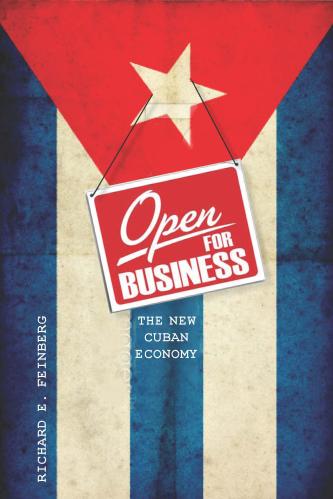Does corporate bribery help reduce bureaucratic red tape? A recent Economist article argues that bribery does not “grease the wheels” of commerce, citing Philip Nichols who finds that many Western firms succeed in emerging markets without paying bribes. The article also cites my research with Shang-Jin Wei, where we find that bribery hinders rather than accelerates commerce.
Our research article, based on surveys of thousands of multinational and domestic firms around the world, determines that bureaucrats expand red tape and raise regulatory hurdles in order to generate new opportunities for extracting bribes. Furthermore, we find that on average firms that engage in bribery waste more time haggling over bureaucratic hurdles and have a higher cost of capital than firms that refuse to. Thus, we reject the notion that bribery “greases the wheels of commerce,” proposing rather that it is “sand in the wheels of commerce.”
We conclude that the business community can benefit from laws and collective initiatives that strengthen its ability to refuse to engage in bribery. Our conclusions are consistent with the Economist’s, which says succinctly that “saying no to corruption makes commercial as well as ethical sense.”
However, it is important to emphasize the role of collective action. At the individual firm level, the ultimate decision to bribe or not to bribe is made according some kind of cost-benefit calculation. Ongoing research suggests that the costs and benefits of bribing vary substantially across countries and types of firms. Therefore, the incentive and propensity to bribe also differs significantly across firms and countries.
In fact, we find that many (though not all) firms operating in corrupt environments feel bribery “pays” when such payments are ingrained in the business practices of other firms in their industry or country. Ultimately, the Economist article does not address the fact that under certain circumstances, it still makes commercial sense for firms to say “yes” to bribery.
Granted while our ongoing analysis shows that the majority of firms around the world refrain from bribing for procurement bids, a large share of firms do still bribe. We estimate that on average 1/3 of firms frequently bribe, though the share varies substantially across countries. For example, the share of bribing firms is much smaller in Nordic countries than in Greece or Italy.
Improved enforcement of foreign anti-bribery laws and conventions would collectively raise the costs of bribery for all multinationals. The Economist article welcomes improvements in enforcement in the U.S. and U.K. Such recent progress is worth noting, even if lingering questions and ambivalence remain regarding enforcement in the U.K.
Even if tougher enforcement in the U.S. and U.K. is sustained, enhanced enforcement of the OECD foreign bribery convention is still necessary in many important OECD countries. Thus, collective action does matter.
Furthermore, corporate bribery around the world will not be halted by legal initiatives alone, such as the U.S. Foreign Corrupt Practices Act and the OECD foreign bribery convention. Such legal initiatives are especially ineffective when national level enforcement is weak and penalties are small.
Thus, to substantially raise the cost of bribery for firms, complementary measures are needed. Unfortunately, voluntary industry agreements on general anti-bribery principles or manuals on internal codes of ethical conduct are insufficient. Raising the reputational cost of corporate bribery may be part of the answer, as the recent case of IKEA in Russia showed.
The media can play a prominent role in increasing the reputational cost of bribery by investigating and prominently featuring cases of corporate corruption. Additionally, it is a welcomed development the recent agreement by multilateral development banks (the MDBs, namely the World Bank, the African, Asian and Inter-American Development Banks, and the EBRD) to cross-debar firms found to have engaged in bribery or corruption on MDB-funded projects.
The Economist article is correct in stating that “saying no to corruption makes commercial and ethical sense.” Yet corporate bribery and corruption are still highly prevalent in many settings. More needs to be done. Countries must collectively and adequately enforce existing legal initiatives against bribery as well as other measures to further raise the reputational cost of engaging in corrupt corporate practices.



Commentary
Does Bribing ‘Pay’ for Corporations?
May 10, 2010